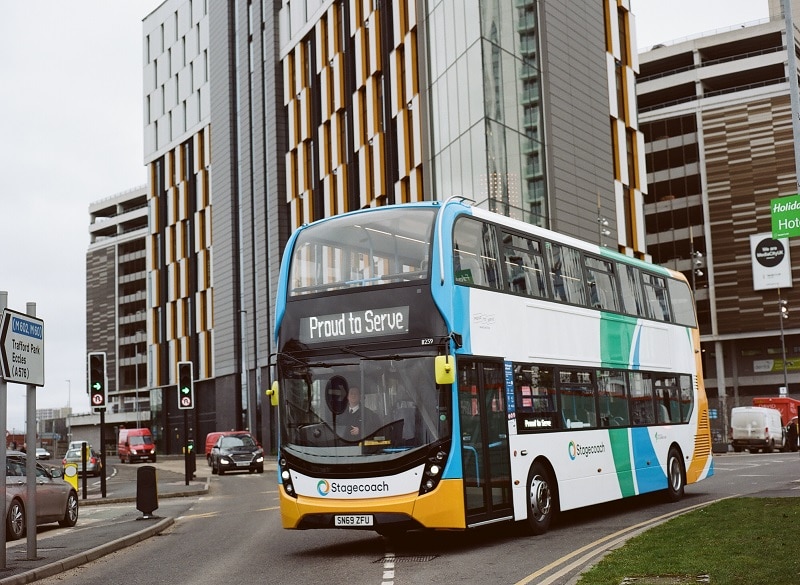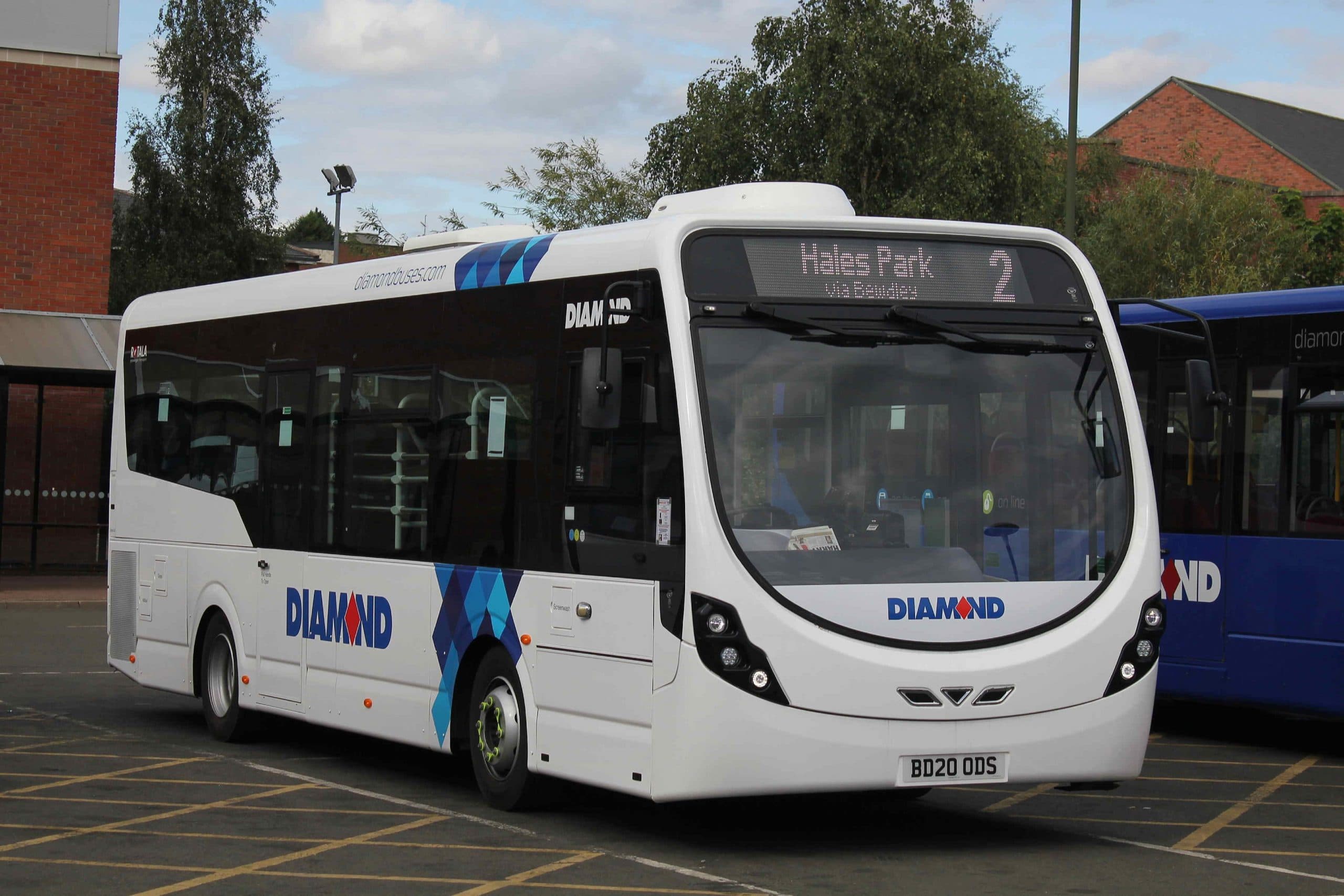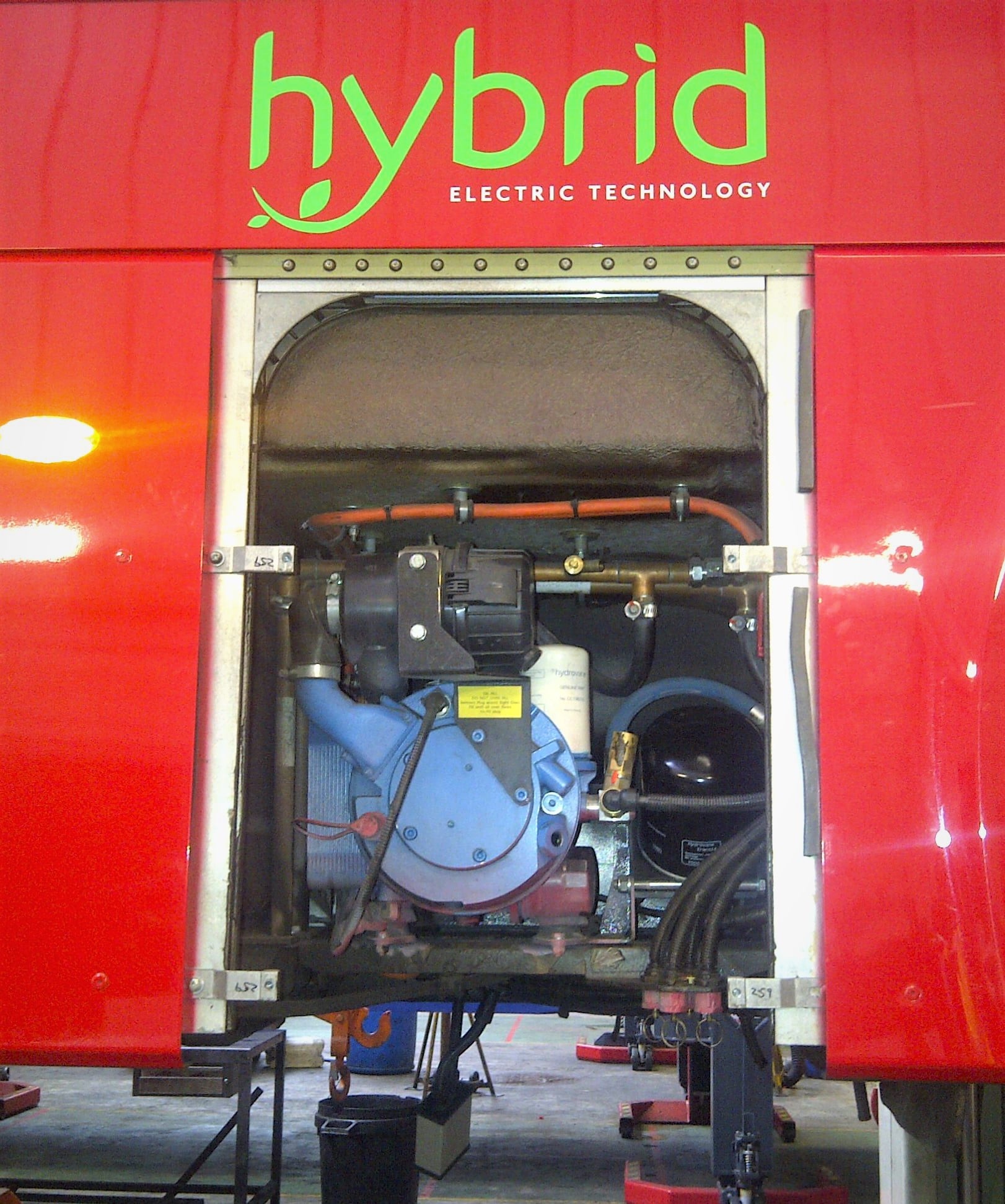The government now wishes to see an independent bus industry – but any strategy to improve its commercial viability must look beyond the industry itself
The Department for Transport (DfT) press release on 8 August regarding extension of the coronavirus COVID-19 support fund for bus and light rail also reiterated the government’s commitment to publishing a National Bus Strategy. This was preceded by a statement that “the government is also actively working on ways to ensure the bus sector can operate independently and be commercially viable.”
It should firstly be acknowledged that some concurrent central and local government transport policies have a negative impact on the commercial viability of the bus industry. These include:
- Cheap or even free car parking, a long-term freeze in fuel duty and incentives for electric car ownership have all supressed motoring costs
- Increasing the number of cycle lanes by reducing road space, reduces the ability of traffic, including buses, to use the road efficiently – increasing journey times
- Pedestrianisation of town centres means bus stops are moved to less convenient locations – adding operating costs through increasing mileage and reducing the attractiveness of a service
- Reopening railway stations and lines (with heavy government subsidy) will attract passengers away from what are often well used interurban bus routes.
The big question is whether the National Bus Strategy will simply cover internal factors which are within the control of operators, transport authorities and DfT, or include dealing with more external factors. Internal factors include funding for bus priority measures, which reduce operating costs, and making concessionary fare reimbursement across England consistent, simpler and fairer, with the right funding level from central government.
External factors should create new and better markets for bus services. Demand responsive transport (DRT) ventures are useful for serving dispersed communities, but are almost impossible to run commercially due to the intrinsically small passenger loadings and high costs. It is also notable how many DRT services return quite quickly to a timetabled operation.
Traditional bus services are best suited to serving densely populated areas and concentrated economic attractors. It seems obvious that the government needs to protect and stimulate jobs in urban centres while legislating in a manner that discourages new hospitals, business parks and other developments in the middle of nowhere.
New housing developments as a whole need to be better planned around public transport rather than it being an afterthought. All too often potentially commercial services are withdrawn or require local authority support once the Section 106 funding runs out. Services supported by Section 106 are frequently faced with unsuitable and unfriendly infrastructure and routeing options and a developer which is unwilling to assist with promotion, while funding begins after the first tranche of residents has been forced to become car dependent.
It is encouraging that after a couple of years of toying with the idea of franchising, the government now wishes to see an ‘independent and commercially viable bus industry’. However, it needs to ensure that any strategy covers external as well as internal factors.

























